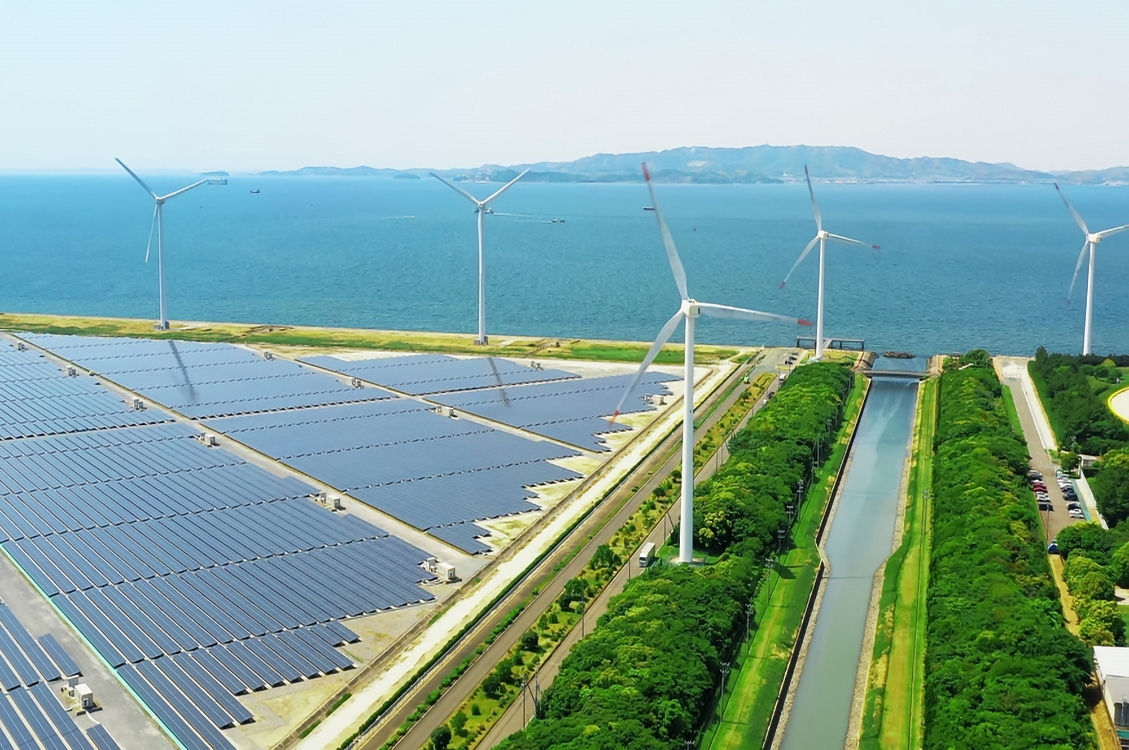EU’s Balancing Budgets and Green Investments
The European Union has made some adaptations to its rules about finances. Their previous rulebook, the Stability and Growth Pact, has given way to a new one. The new regulations are better because they let each country have different rules instead of everyone having to track the same ones. The goal is to keep governments from spending too much money and encourage them to finance technology and environmental protection. Countries will have more time to pay off their debts if they promise to make changes and invest in fundamental things, such as green investments.
However, even with these new rules, the European Union still needs more money to do everything it wants. They need about €650 billion annually to meet their renewable energy goals and reduce pollution. The NextGenerationEU fund is a possible grant source, but it will expire in 2026. So, they must find other ways to get money to continue working towards their goals.
Right now, the money from NextGenerationEU is mostly going to each country for their projects, which means that big projects involving multiple countries, such as high-speed trains and new infrastructure for clean energy, don’t have adequate money. Furthermore, the United States spends more money on these things than Europe. To fix this, European leaders must find more profitable ways to get money and work together to make influential projects happen.
There’s a plan to create a special $750 billion fund in the European Union (EU) that would help with financing important things like energy efficiency and digital infrastructure. This fund would make it easier for countries to invest in projects that need money from the EU. However, in order to receive money from the fund, countries would have to follow certain rules about how they spend their money. Different sources, including EU bonds and money from the EU budget, would pay for the fund. It would cover a significant portion of the EU’s investment needs for the next 10 years, with the remaining money coming from the countries themselves and private companies.
The fund would focus on projects involving more than one country and ensure that countries were responsible with their money. This would help the EU grow and make sure that everyone follows the rules. It would also help countries reduce their own debts while still receiving money from the EU. The fund would also help countries come up with project ideas, and a special bank would decide which projects are the best and most helpful for the EU. The European Commission would ensure the allocation of funds towards crucial initiatives such as environmental conservation and adherence to financial regulations.

